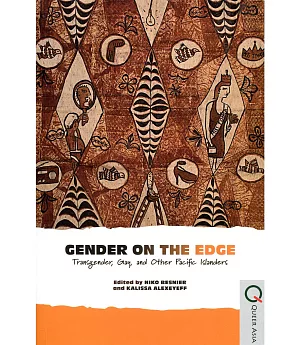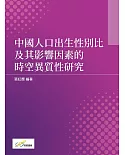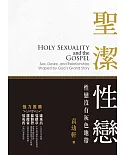Transgender identities and other forms of gender and sexuality that transcend the normative pose important questions about society, culture, politics, and history. They force us to question,
for example, the forces that divide humanity into two gender categories and render them necessary, inevitable, and natural. The transgender also exposes a host of dynamics that, at first
glance, have little to do with gender or sex, such as processes of power and domination; the complex relationship among agency, subjectivity, and structure; and the mutual constitution of the
global and the local.
Particularly intriguing is the fact that gender and sexual diversity appear to be more prevalent in some regions of the world than in others. This edited volume is an exploration of the ways
in which non-normative gendering and sexuality in one such region, the Pacific Islands, are implicated in a wide range of socio-cultural dynamics that are at once local and global, historical
and contemporary. The authors recognize that different social configurations, cultural contexts, and historical trajectories generate diverse ways of being transgender across the societies of
the region, but they also acknowledge that these differences are overlaid with commonalities and predictabilities. Rather than focus on the definition of identities, they engage with the fact
that identities do things, that they are performed in everyday life, that they are transformed through events and movements, and that they are constantly negotiated. By addressing the
complexities of these questions over time and space, this work provides a model for future endeavors that seek to embed dynamics of gender and sexuality in a broad field of theoretical
import.





















